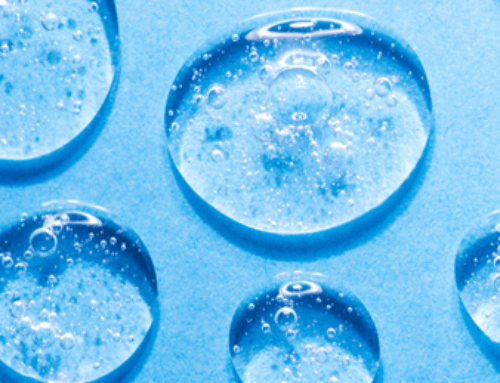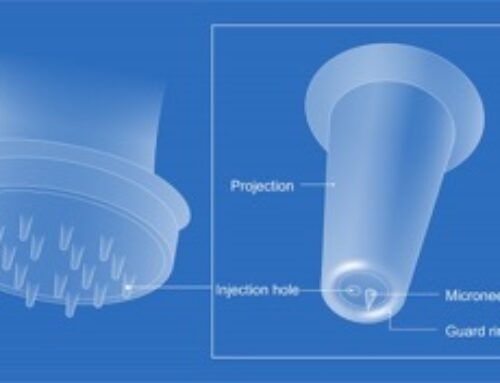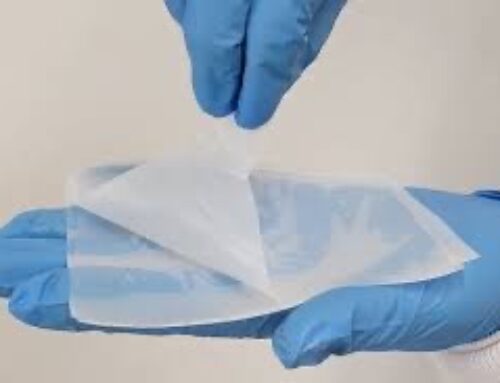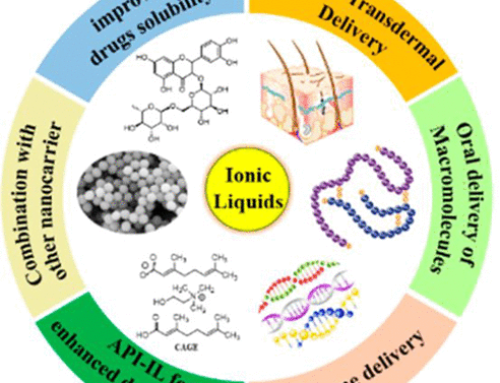Aging is a complex process influenced by various factors, including the gradual decline of essential molecules in our bodies. One such molecule garnering quite a lot of attention in the scientific community is Nicotinamide Adenine Dinucleotide (NAD+). This coenzyme plays a pivotal role in numerous cellular functions, and its levels naturally decrease as we age.
What Is NAD+?
NAD+ is a coenzyme found in all living cells. It facilitates metabolic processes by acting as a carrier for electrons during cellular respiration, and is involved in critical processes such as DNA repair and gene expression regulation.
The Connection Between NAD+ and Aging
Research indicates that NAD+ levels decline with age, which may contribute to various age-related health issues. This decline can impair cellular functions, leading to reduced energy production, increased oxidative stress, and diminished capacity for DNA repair. Such cellular impairments are associated with visible signs of skin aging, including the development of fine lines, wrinkles, loss of elasticity, uneven skin tone, and a general decline in skin barrier function.
Potential Benefits of NAD+ Supplementation
Increasing NAD+ levels has gained traction for its potential to improve skin health and combat the visible signs of aging. Some of the benefits include:
- Enhanced Skin Repair: NAD+ supports cellular repair mechanisms, helping to restore damaged skin cells and maintain a healthy skin barrier. This can result in smoother, more resilient skin.
- Improved Collagen Production: By boosting cellular energy and reducing oxidative stress, NAD+ may promote collagen synthesis, improving skin elasticity and reducing the appearance of fine lines and wrinkles.
- Reduction in Hyperpigmentation: NAD+ plays a role in regulating melanin production, which can help reduce dark spots and create a more even skin tone.
- Protection Against Environmental Damage: Higher NAD+ levels enhance the skin’s ability to defend against damage from UV rays and pollution, minimizing premature aging caused by environmental stressors.
- Hydration and Barrier Function: NAD+ contributes to maintaining the skin’s natural moisture barrier, leading to better hydration and protection from external irritants.
NAD+ Intake and Its FDA Approval Status
NAD+ can be supplemented in various forms, each with its unique advantages and limitations. The most common methods include:
- Dietary Supplements: Precursors such as nicotinamide riboside (NR) and nicotinamide mononucleotide (NMN) are taken as over-the-counter supplements. These compounds are converted into NAD+ within the body.
- Intravenous Infusions: NAD+ IV therapy delivers the molecule directly into the bloodstream, offering immediate and higher bioavailability.
- Dietary Sources: Foods rich in B vitamins, such as fish, eggs, nuts, and whole grains, naturally support NAD+ production.
Dietary supplements containing NAD+ precursors like NR are generally recognized as safe but are not explicitly FDA-approved for any specific health claims. Similarly, NMN has gained attention but remains under regulatory review in certain regions. Intravenous NAD+ infusions, while popular in wellness clinics, are not FDA-approved and should be approached with caution due to limited research on their long-term safety.
Dermatological Solutions to Enhance NAD+ Effectiveness
NAD+ supplementation can not only be beneficial for internal health but also for skin health, as it plays a vital role in cellular repair and protection against environmental damage. To maximize its dermatological benefits, consider the following approaches:
- Sun Protection: UV radiation accelerates NAD+ depletion in the skin. Daily use of broad-spectrum sunscreen is essential to protect NAD+ reserves and prevent premature aging.
- Antioxidant-Rich Creams: Products containing antioxidants like vitamin C and E can work synergistically with NAD+ to combat oxidative stress, a significant contributor to skin aging.
- Professional Treatments: Dermatological procedures, such as laser therapy and microneedling, can stimulate skin repair and enhance the absorption of NAD+-boosting products, further improving skin rejuvenation.
Current Perspectives and Considerations
While the potential benefits of NAD+ supplementation are promising, it’s important to approach this area with cautious optimism. Most research to date has been conducted in animal models, and human studies are still in the early stages. Additionally, the long-term effects and safety of NAD+ supplementation require further investigation.
It’s also worth noting that lifestyle factors such as a balanced diet, regular exercise, adequate sleep, and sun protection naturally support NAD+ levels. Incorporating these healthy habits remains a cornerstone of promoting longevity and overall well-being.





